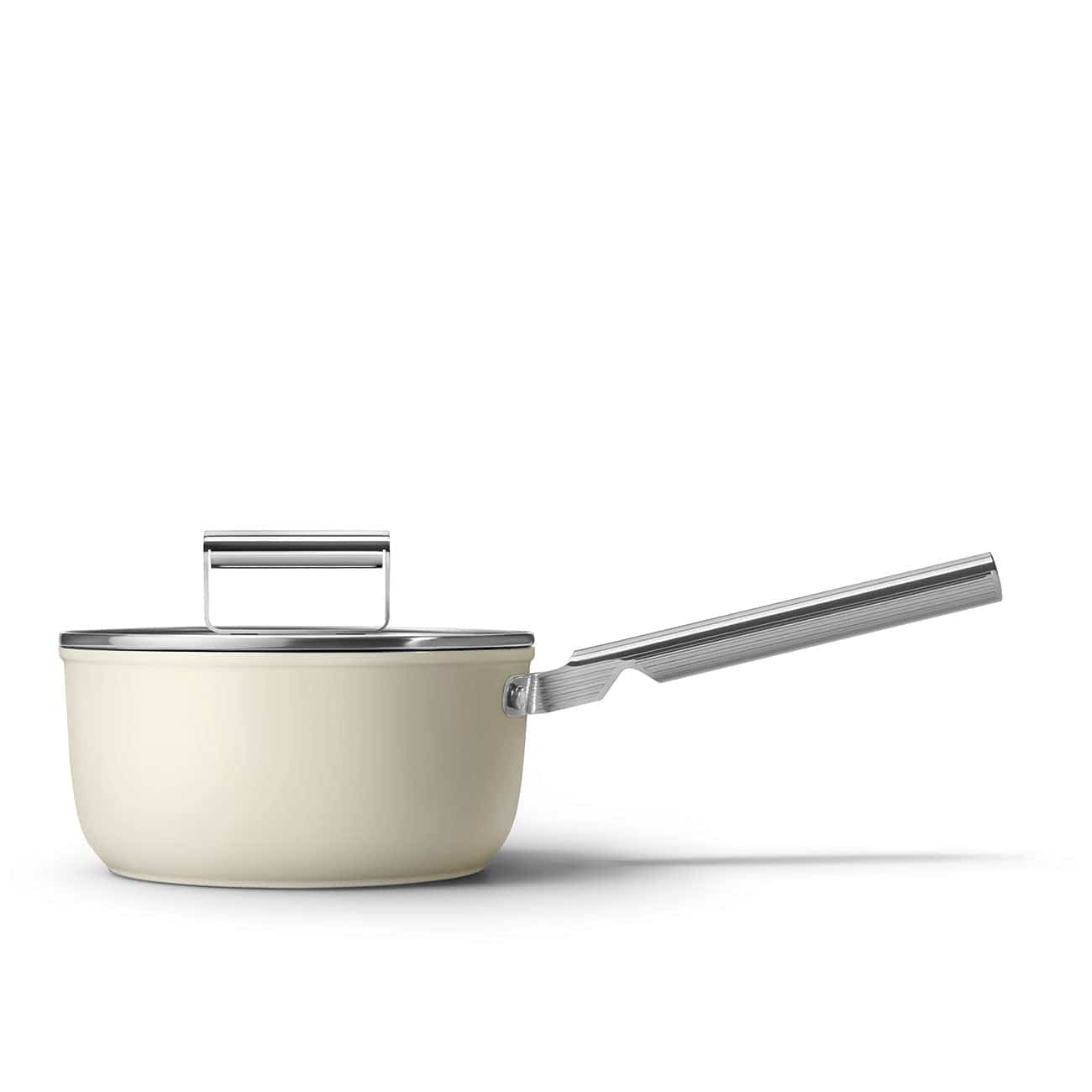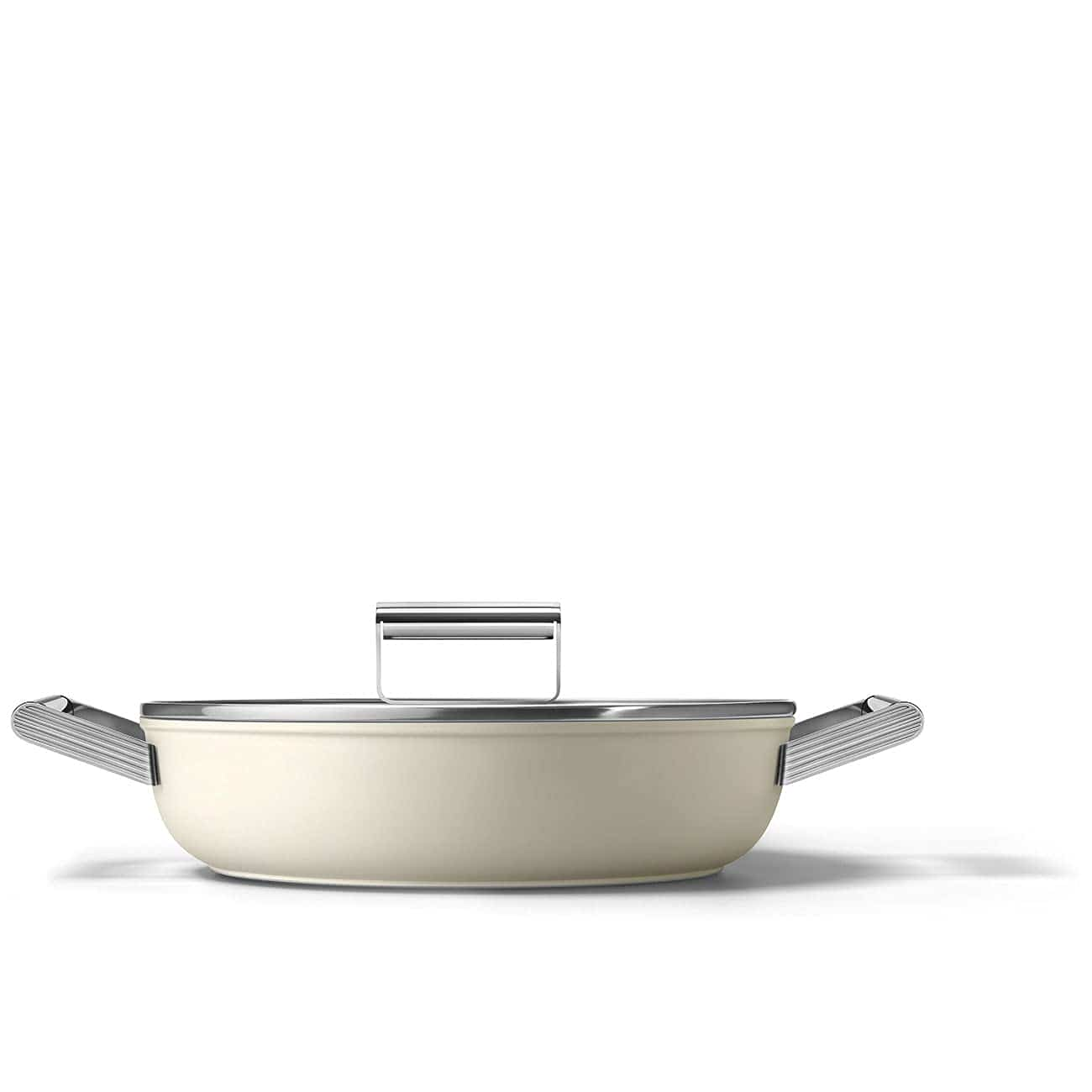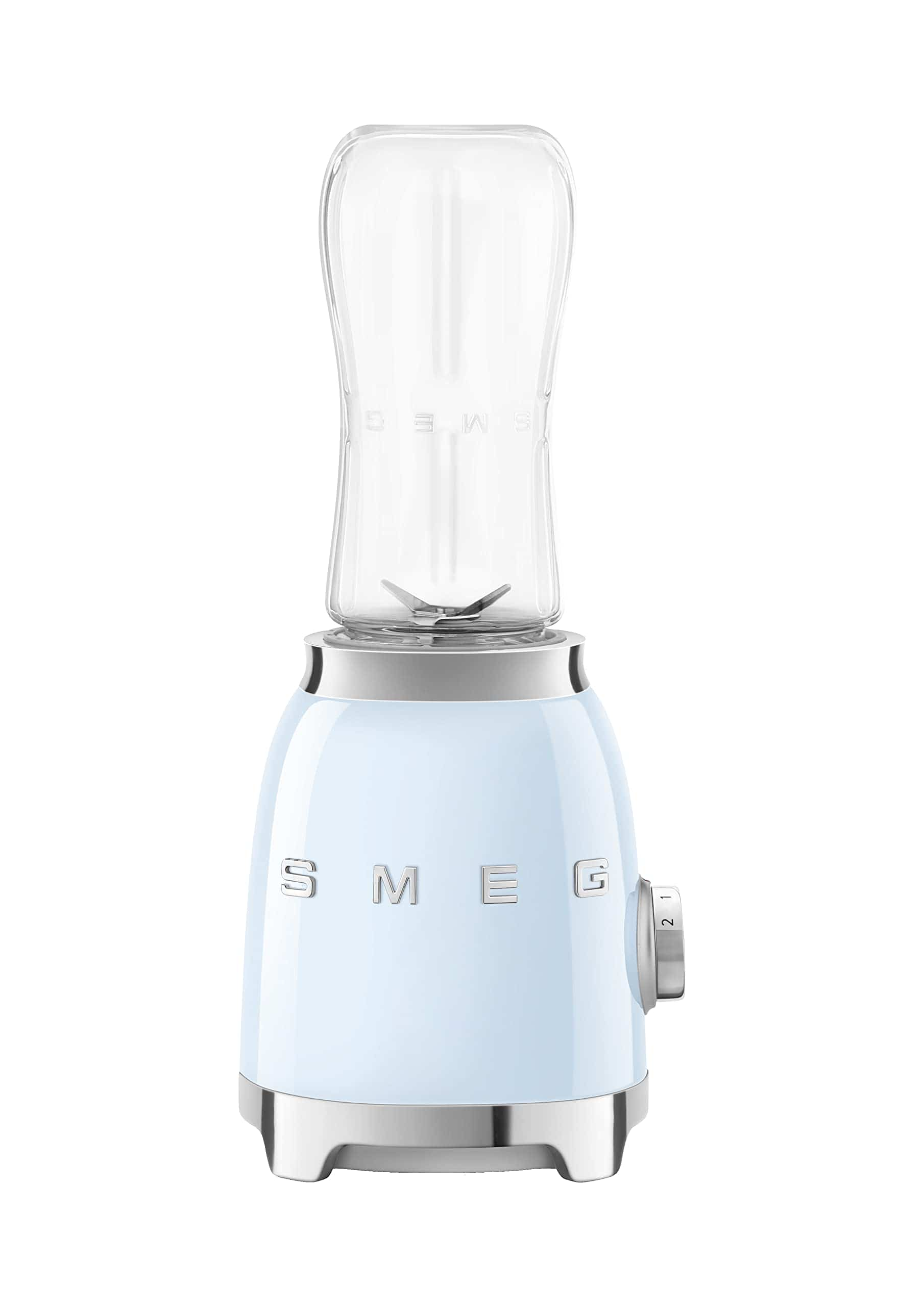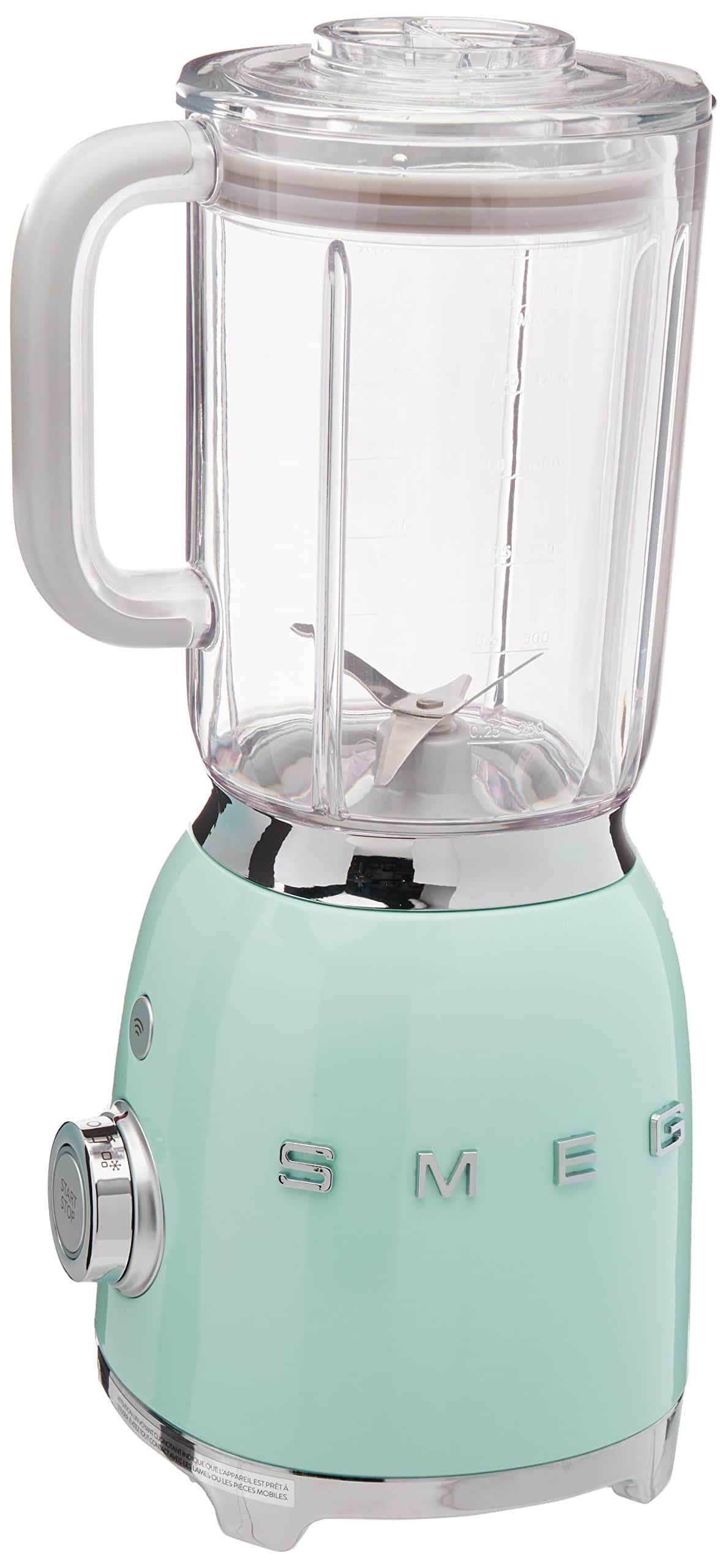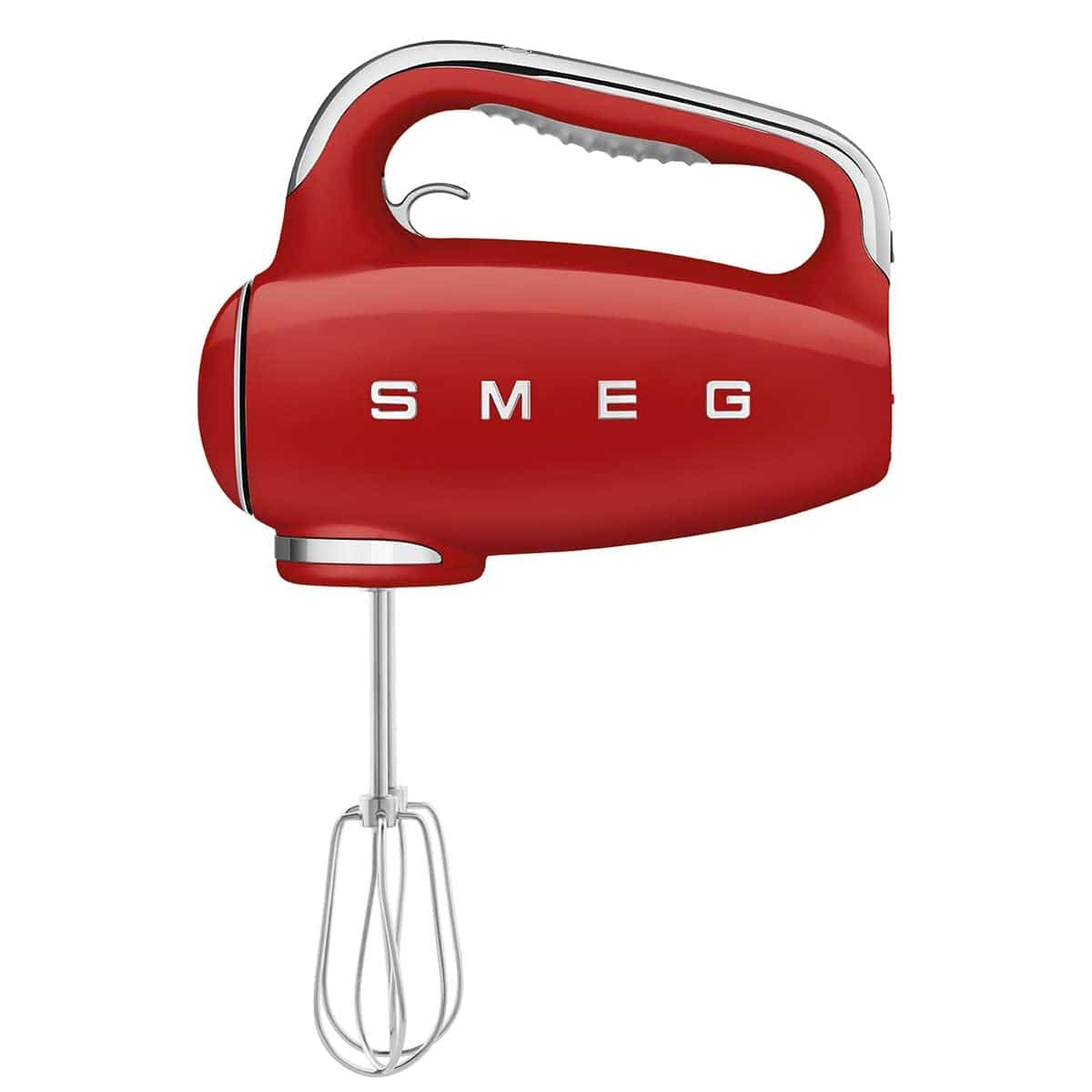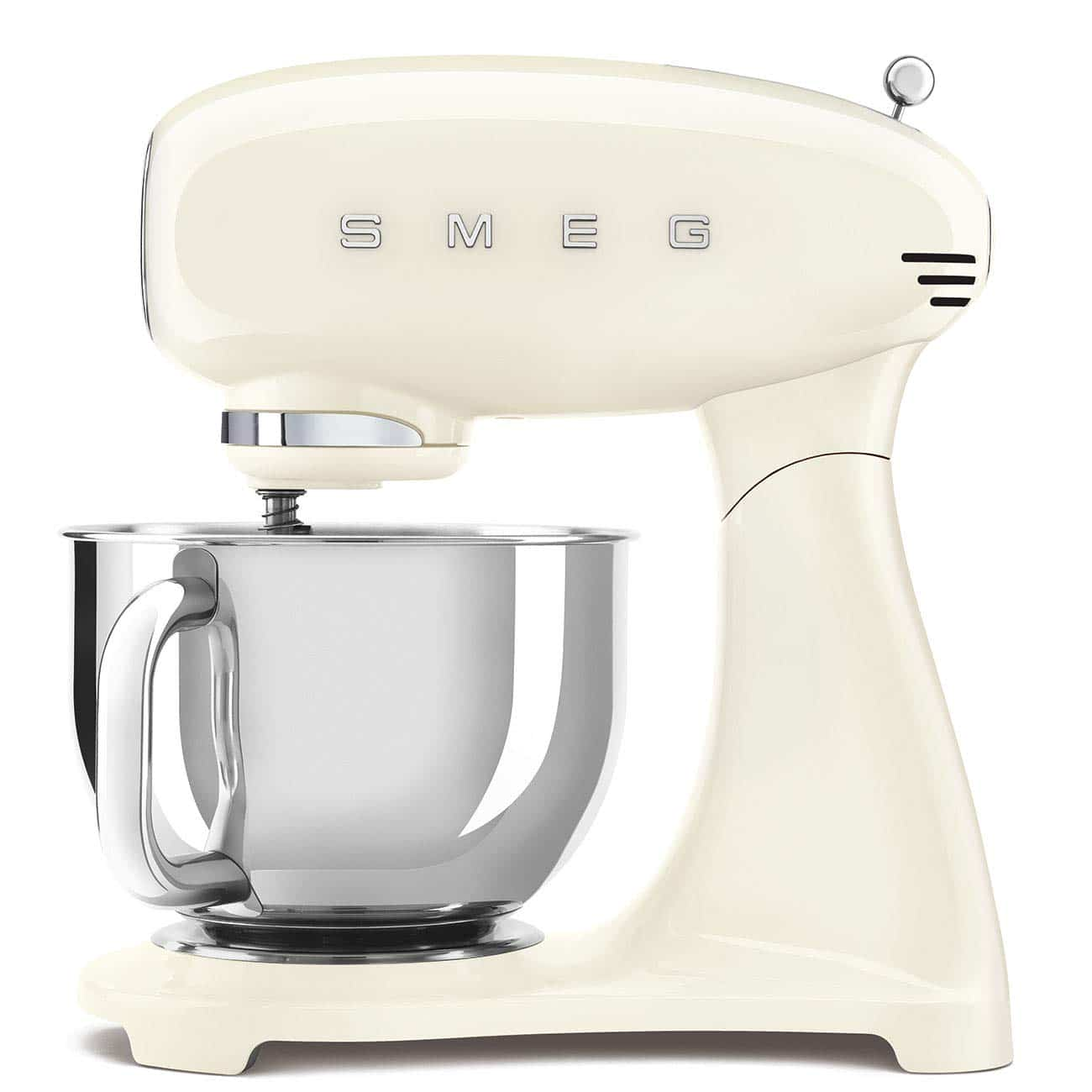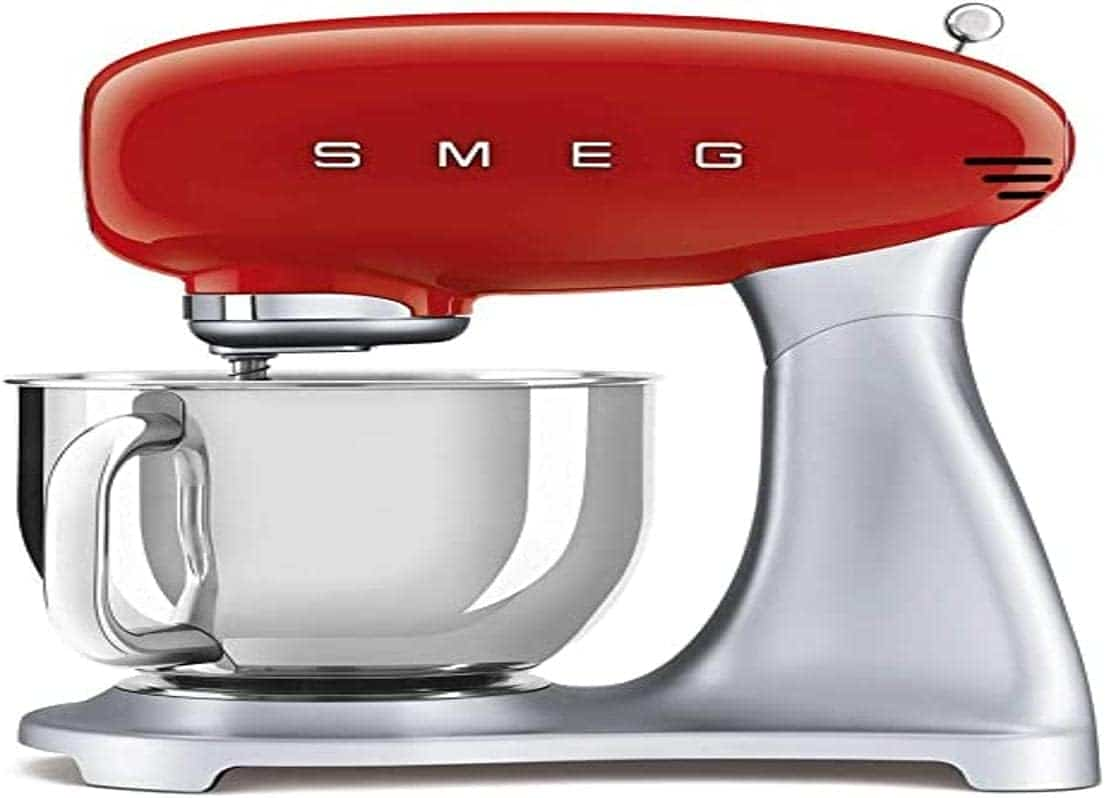Coffee, Tea and Alternatives and Health plus Fitness
The Impact Of Energy Drinks On Health: Concerns And Alternatives

Hello! Have you ever pondered the effects of energy drinks on your wellbeing? I certainly have, and honestly, it’s a subject that has been occupying my thoughts recently.
You see, energy drink consumption is skyrocketing, especially among young folks like teenagers, college students, and young adults. But here’s the thing: recent research has raised some serious concerns about these drinks and their effects on our bodies.
The American Academy of Pediatrics strongly advises against kids and teens using energy drinks due to their negative impact on developing cardiovascular and neurological systems. And let’s not forget about the high levels of sugar and caffeine in these drinks, which can really mess with our health.
But fear not, my friends! In this article, we’re going to explore these concerns and offer up some healthy alternatives that can help us kick the energy drink habit. So, let’s dive in and discover a better way to get our energy fix, shall we?
Key Takeaways
- Energy drink consumption is on the rise in the U.S., particularly among teenagers, college students, and young adults.
- The American Academy of Pediatrics (AAP) recommends against energy drink consumption in children and adolescents due to their lower tolerance to caffeine and the potential negative impact on their still-developing cardiovascular and neurological systems.
- Energy drinks can have detrimental effects on cardiovascular and neurological health.
- Energy drinks have a high sugar content, which is another concern for their consumption.
Negative Effects
I should avoid consuming energy drinks due to their negative effects on my body, especially considering the concerns raised by the American Academy of Pediatrics. They have warned about the impact on cardiovascular and neurological health, as well as the high sugar content. Energy drinks have the potential to cause harm and lead to long-term consequences.
The high caffeine content in these drinks can have detrimental effects on my cardiovascular system, increasing the risk of heart problems and high blood pressure. Additionally, the stimulants in energy drinks can negatively affect my neurological health, leading to issues with sleep, concentration, and mood.
Moreover, the high sugar content in energy drinks can contribute to weight gain, tooth decay, and an increased risk of developing chronic conditions like diabetes.
It is important for me to prioritize my health and choose alternative beverages that are healthier and provide sustained energy without the potential drawbacks.
Risks for Children and Teens
One teenager’s life took a devastating turn after regularly consuming energy drinks, experiencing severe cardiovascular problems that required hospitalization. This case highlights the potential risks that energy drinks pose to children and teenagers.
The long-term consequences of energy drink consumption in this age group can be significant. The American Academy of Pediatrics strongly discourages energy drink use in children and adolescents, citing concerns about their still-developing cardiovascular and neurological systems. Lower tolerance to caffeine and the high sugar content in these drinks further contribute to the potential harm.
It is crucial for parents to provide guidance and educate their children about the dangers of energy drinks. Encouraging healthier alternatives, such as water, unsweetened beverages, or naturally caffeinated options, can help reduce the risks associated with energy drink consumption among young individuals.
Healthy Alternatives
Encouraging youngsters to explore alternative beverages like herbal tea or fruit-infused water can provide healthier options to replace energy drinks. These low sugar drinks can help young individuals avoid the negative effects of excessive sugar consumption.
Homemade options, such as homemade smoothies or freshly squeezed juices, are great alternatives that can be customized to suit personal tastes and preferences. These beverages not only provide hydration but also offer essential vitamins and minerals.
Additionally, homemade iced lattes made with low-sugar sweeteners can provide a refreshing and flavorful alternative to energy drinks. By opting for these homemade options, children and teenagers can enjoy delicious drinks without the harmful effects of energy drinks.
It is important to educate and promote the availability of these alternatives to support the health and well-being of young individuals.
Frequently Asked Questions
How do energy drinks affect sleep patterns?
Energy drinks have negative effects on sleep patterns. The high caffeine content disrupts sleep by delaying the onset and reducing the quality of sleep. Alternatives like herbal tea or decaf beverages are better for promoting healthy sleep.
Can energy drinks lead to addiction?
Energy drink consumption can lead to addiction, with withdrawal symptoms and dependency. Excessive consumption of energy drinks can negatively impact mental health and contribute to substance abuse. It is important to be aware of the addictive properties of these drinks.
What are the long-term effects of energy drink consumption?
Long-term energy drink consumption can pose significant health risks, particularly to cardiovascular health. Studies have shown that the high caffeine and sugar content in these drinks can lead to increased blood pressure, heart palpitations, and an increased risk of heart disease.
Are there any specific health conditions that make energy drinks particularly risky?
Specific health conditions can increase the risk associated with energy drink consumption. Conditions like heart disease, high blood pressure, and anxiety can be exacerbated by the stimulants and high caffeine content in energy drinks.
Can energy drinks interact with medications or other substances?
Energy drink safety is a concern, as they can potentially interact with medications or other substances. It’s important to be cautious when consuming energy drinks, especially if you’re taking prescription drugs or using recreational substances.
Conclusion
In conclusion, energy drinks may seem appealing, but their negative impact on our health cannot be ignored. They pose risks, especially for children and teenagers, whose developing bodies are more vulnerable to the effects of caffeine and high sugar content.
However, we can choose healthier alternatives that are just as satisfying. By opting for low-sugar iced lattes and other homemade beverages, we can reduce our reliance on energy drinks and take a step towards a healthier lifestyle.
Let’s prioritize our well-being and make better choices for our bodies.
Arf, an author and an innovative enthusiast of coffee, coffee alternatives, and tea, plays a crucial role as a contributor to the esteemed Cappuccino Oracle platform. Renowned for his curiosity and passion for these captivating beverages, Arf has carved out a unique space for himself in the world of exploration and writing. He realized that coffee, coffee alternatives, and tea are not mere drinks to keep one awake, but universes of flavors and stories waiting to be explored.
Arf’s articles for Cappuccino Oracle blend meticulous research with personal experiences, providing readers with an in-depth understanding of various types of coffee, coffee alternatives, and tea, along with their unique characteristics, cultures, and histories. His honest reviews and engaging narratives guide readers on their own journeys, helping them discover their preferences and find their perfect brew.
Coffee, Tea and Alternatives and Health plus Fitness
Coffee’s Impact on ADHD Symptoms
Knowing how coffee affects ADHD symptoms is crucial; it may enhance focus for some, but could also heighten anxiety for others. What’s your experience?

Coffee can have a mixed impact on ADHD symptoms. For some, it enhances focus and concentration by boosting dopamine levels, which might help with tasks requiring sustained attention. However, for others, caffeine can lead to increased anxiety and impulsivity, creating challenges instead of benefits. It's especially important to monitor your intake if you're on stimulant medications, as caffeine can amplify or diminish their effects. Each person's response varies, so knowing your limits is key to optimizing your focus. If you want to explore more about caffeine's role in managing ADHD, there's a lot more to uncover.
Key Takeaways
- Caffeine in coffee may enhance focus and concentration in individuals with ADHD by increasing dopaminergic activity.
- Responses to coffee vary; some may experience improved attention, while others may face increased anxiety and restlessness.
- Caffeine can interact with ADHD medications, potentially amplifying or diminishing their effectiveness, necessitating careful monitoring.
- Studies suggest coffee may reduce impulsivity and improve performance on repetitive tasks for some individuals with ADHD.
- The American Academy of Pediatrics advises caution regarding coffee consumption in children with ADHD due to potential side effects.
Understanding Caffeine and ADHD
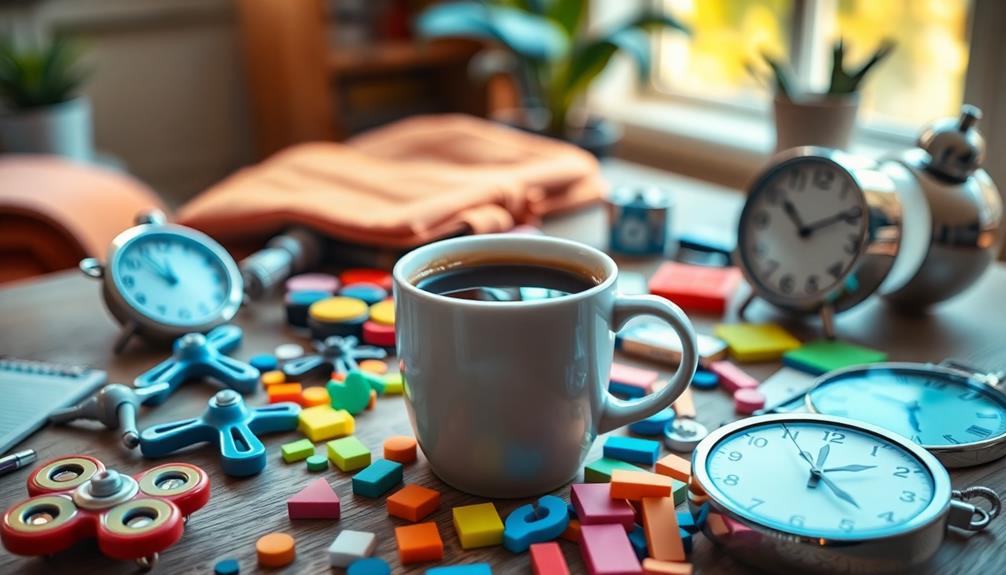
Caffeine plays a complex role in managing ADHD symptoms. As a central nervous system stimulant, it can potentially enhance dopamine levels in your brain, which might alleviate some symptoms associated with neurotransmitter imbalances.
However, individual responses to caffeine can vary widely among those with ADHD. While you might find improved focus and reduced hyperactivity, others may experience increased anxiety and sleep disturbances. Additionally, understanding the potential effects of cold medications on overall health can provide further insights for those managing ADHD symptoms.
Research indicates that caffeine may enhance cognitive functions like reaction time, vigilance, and reasoning, especially in tasks requiring sustained attention. Yet, it's vital to assess the American Academy of Pediatrics' advice against caffeine consumption in children, particularly those with ADHD, due to possible side effects and sleep issues.
If you're on stimulant medications, monitoring your caffeine intake becomes even more essential. Excessive consumption can amplify side effects and interfere with treatment efficacy, complicating your management of ADHD symptoms.
Balancing caffeine consumption could be key to optimizing your focus and minimizing disruptions in your daily life, so it's wise to approach caffeine use with caution and awareness of how it affects you personally.
Caffeine's Effects on Focus

When it comes to enhancing focus, caffeine serves as a powerful ally for many, particularly those managing ADHD. This stimulant works by blocking adenosine receptors, promoting wakefulness and increasing dopaminergic activity in your brain. As a result, you might find your attention and concentration improving markedly.
Research shows that caffeine consumption can lead to better reaction times, vigilance, and reasoning skills, all of which are essential for tasks requiring sustained focus.
For individuals with ADHD, caffeine may help reduce impulsivity and improve focus, especially on repetitive tasks. Its ability to elevate dopamine levels is particularly vital since dopamine dysregulation is a core feature of ADHD. By enhancing cognitive performance, caffeine can make daily challenges feel more manageable.
Additionally, studies suggest that caffeine may work synergistically with stimulant medications like amphetamines, further boosting their effects on focus and attention.
However, it's important to remember that individual responses can vary. Monitoring your caffeine consumption can help you find the right balance to enhance your focus while managing your ADHD symptoms effectively.
Individual Responses to Caffeine

The effects of caffeine can differ greatly among individuals with ADHD. While some of you might experience improved focus and alertness from caffeine consumption, others may feel drowsy or jittery. This variation is often due to genetic factors, age, and neurotransmitter imbalances that impact how caffeine interacts with your brain.
For many, caffeine can increase dopamine levels, potentially enhancing alertness and concentration. However, it's important to note that some individuals with ADHD might've paradoxical reactions, leading to heightened impulsivity and anxiety instead of the desired focus. This complexity highlights the need to monitor your individual responses to caffeine closely.
Finding the right balance is vital for managing ADHD symptoms effectively. While caffeine may offer potential benefits, excessive consumption can lead to negative side effects such as restlessness or sleep disturbances.
It's important to adjust your intake based on how your body reacts. By understanding your unique response to caffeine, you can make informed choices that support your concentration and overall well-being.
Caffeine and ADHD Medications

Many individuals with ADHD find themselves balancing caffeine consumption with their medication regimen. Caffeine can interact with stimulant medications like Ritalin and Adderall, producing varying effects. For some, caffeine enhances alertness and productivity, improving focus and cognitive functioning.
However, others might experience increased anxiety and jitteriness, complicating their experience with ADHD medications. The effects of caffeine on these medications can differ markedly among individuals, highlighting the significance of personalized approaches to managing this combination.
Research suggests caffeine may amplify or diminish the efficacy of ADHD medications, meaning careful monitoring of both your caffeine intake and medication usage is essential. Understanding these interactions is important for optimizing your overall ADHD management.
While some studies indicate that caffeine can lead to improved productivity for certain individuals, others might find increased side effects more detrimental than beneficial. Consequently, it's imperative to pay attention to your individual responses to caffeine in conjunction with your stimulant medications.
Consulting with your healthcare provider can help you navigate this complex relationship and find the right balance that works for you.
Safe Consumption Guidelines

Maneuvering caffeine consumption can be essential for individuals managing ADHD, especially considering its potential effects on symptoms and medication. The FDA recommends that healthy adults limit caffeine intake to a maximum dosage of 400 mg per day. It's vital to start with lower doses if you're new to caffeine to assess your tolerance and avoid side effects like anxiety and sleep disturbances.
Here's a quick reference table to help guide your caffeine intake:
| Caffeine Source | Approx. Caffeine (mg) | Safe Consumption (cups/day) |
|---|---|---|
| Brewed Coffee | 95-200 | 2-4 |
| Espresso | 63 | 2-3 |
| Energy Drinks | 80-200 | 1-2 |
| Black Tea | 40-70 | 4-5 |
Frequently Asked Questions
Does Coffee Make ADHD Symptoms Worse?
You might find that coffee can make your ADHD symptoms worse, depending on how your body reacts to caffeine.
Some people experience increased anxiety and irritability after drinking coffee, which could heighten their symptoms.
Additionally, if coffee disrupts your sleep, you might feel more fatigued and restless.
Everyone's response is different, so it's crucial to pay attention to how caffeine affects you personally and adjust your intake accordingly.
Why Does Caffeine Make ADHD People Sleepy?
Caffeine can make you feel sleepy due to how it interacts with your brain's chemistry. While it usually increases alertness by blocking adenosine receptors, in people with ADHD, it might cause a different reaction.
Your brain's dopamine levels can lead to drowsiness instead of wakefulness. Additionally, if you're sensitive to caffeine, it might heighten anxiety, contributing to fatigue.
Sleep disturbances common in ADHD can also exacerbate feelings of tiredness, even after consuming caffeine.
What Makes ADHD Symptoms Worse?
ADHD symptoms can worsen due to several factors.
If you're sleep-deprived, you might feel more irritable and have trouble focusing.
Stressors, like anxiety or distractions in your environment, can amplify hyperactivity and inattention.
A lack of structure in your daily routine or unhealthy eating habits can also make it harder to manage your focus and impulsivity.
Recognizing these triggers is the first step toward finding strategies that help you cope better.
Is Caffeine a Paradoxical Effect for ADHD?
Imagine standing on a seesaw, balancing the thrill of caffeine against the chaos of ADHD.
Yes, caffeine can have paradoxical effects for you. While it might sharpen focus and boost energy in some, it can just as easily leave you feeling drowsy or jittery.
Your unique brain chemistry plays a vital role, making responses unpredictable.
Conclusion
So, if you're juggling ADHD symptoms and considering caffeine, you might just release your inner genius! Just imagine powering through tasks with laser-like focus, feeling like you can conquer the world! But remember, moderation is key—too much caffeine can turn you from a focused dynamo into a jittery mess. So, sip wisely, listen to your body, and you could find that perfect balance that transforms your day from chaos to clarity. Your brain will thank you!
In the vast and diverse world of coffee, coffee alternatives, and tea, Olivia has found her calling. As an author and a dedicated coffee and tea aficionado, her work for Cappuccino Oracle reflects her profound love and understanding of the intricate complexities found within these beverages. Olivia’s passion for the subject serves as both a catalyst for her creativity and a connection point with her audience.
Olivia’s appreciation for coffee, coffee alternatives, and tea blossomed at an early age. She discovered that these beverages invigorated her senses and stimulated her creative spirit. From the nuanced flavors of single-origin roasts to the captivating narratives intertwined with coffee, coffee alternatives, and tea trade and culture, Olivia found an unlimited source of inspiration in her daily cup.
Her love for these beverages and her talent for storytelling eventually converged at Cappuccino Oracle. As an author, Olivia’s mission is to illuminate the intricate tapestry that makes up the world of coffee, coffee alternatives, and tea. Her articles span a diverse range of topics, encompassing everything from the unique flavors of different brews to the sociocultural history intertwined with their cultivation and consumption.
Coffee, Tea and Alternatives and Health plus Fitness
How Coffee Affects Depression Medication
Get the scoop on how coffee can influence your depression medication and discover the surprising balance you need to maintain for optimal results.

Coffee can play a complex role in how your depression medication works. Moderate intake may boost your mood and lower the risk of depression, thanks to its impact on serotonin and dopamine. However, caffeine can also interact with certain antidepressants, possibly reducing their effectiveness or heightening side effects. If you're on medication, it's best to limit your coffee to four cups a day and consult a healthcare professional about your intake. This way, you can guarantee you're maximizing the benefits while managing potential drawbacks effectively. You'll find more insights on balancing caffeine with your treatment soon.
Key Takeaways
- Caffeine can interact with antidepressants, potentially altering their effectiveness, particularly with SSRIs and thyroid medications.
- High caffeine intake may exacerbate anxiety symptoms, complicating treatment for depression.
- Caffeine withdrawal symptoms can mimic depression, making management of medication effects more challenging.
- Caffeine's stimulating effects might interfere with sedative medications, affecting overall treatment outcomes.
- Consulting healthcare professionals regarding caffeine intake is essential for those on depression medications.
Overview of Coffee and Depression

Coffee and its relationship with depression is a topic of increasing interest among researchers and individuals alike. Studies show that moderate coffee consumption, typically around 1 to 4 cups daily, may help reduce the severity of depression symptoms and lower suicide risk, particularly in women.
Additionally, brewing methods like the French Press can enhance the flavor and enjoyment of coffee, making it a more enjoyable experience for consumers. The caffeine in coffee can boost your mood by increasing serotonin and dopamine levels, which might counteract some negative effects of depression.
Research from 2019 indicates that higher caffeine intake correlates with decreased suicidal ideation in women, suggesting a protective effect against severe depression outcomes.
However, it's significant to mention that while coffee consumption can be beneficial, excessive caffeine can lead to heightened anxiety, which could negatively interact with some antidepressant medications.
If you're on depression medication, it's vital to seek medical advice about your coffee consumption. Caffeine's effects can vary from person to person and may impact how well your medications work.
Balancing coffee intake and understanding its potential risks and benefits can be essential for managing your health and mood effectively.
Benefits of Caffeine on Mood

Caffeine can greatly boost your mood by increasing levels of important neurotransmitters like serotonin and dopamine.
Studies show that regular coffee drinkers may enjoy a lower risk of depression and even a reduced chance of suicide.
Caffeine's Mood-Enhancing Effects
For many, a daily cup of java isn't just a morning ritual; it can also play a role in enhancing mood. Caffeine's impact on your brain is worth noting, especially if you're concerned about depression. When you consume coffee, it can increase serotonin and dopamine levels, two key neurotransmitters that boost mood.
Additionally, certain natural products like health benefits of rapeseed honey can also support mood enhancement and overall well-being. Here are three benefits of caffeine that might surprise you:
- Reduced Risk of Depression: Higher caffeine consumption is linked to a 10% lower risk of developing depression, making it a potential protective factor against mood disorders.
- Suicidal Ideation: Drinking 1-4 cups of coffee daily may help reduce suicidal thoughts in women, highlighting coffee's mood-boosting properties.
- Anti-inflammatory Effects: Caffeine's anti-inflammatory properties can alleviate discomfort associated with depression by reducing inflammation in nerve cells.
With long-term coffee consumption acting like a mild antidepressant, it might be worth considering how caffeine can positively influence your mood.
Just remember, moderation is key to reaping the benefits while keeping any risks in check. So, enjoy that cup of coffee—it might just lift your spirits!
Neurotransmitter Modulation Benefits
While it might seem surprising, the modulation of neurotransmitters plays an vital role in how caffeine influences your mood. Caffeine intake can greatly elevate levels of serotonin and dopamine, neurotransmitters essential for mood regulation. By enhancing these chemicals, you may experience a reduction in depressive symptoms and an overall uplift in mood.
Research indicates that caffeine promotes neurotransmitter turnover, which contributes to neuroprotection and better mood stability. A meta-analysis even found that higher coffee consumption is associated with a 10% lower risk of depression, highlighting the potential benefits of caffeine on mental health.
Additionally, caffeine blocks adenosine receptors, increasing brain activity and alertness, which can help combat lethargy often tied to depression. Its anti-inflammatory properties may also mitigate chronic inflammation linked to depressive disorders, further supporting neurotransmitter function.
Here's a quick overview of caffeine's benefits on neurotransmitter modulation:
| Benefit | Description |
|---|---|
| Increased Dopamine | Enhances pleasure and motivation |
| Enhanced Serotonin | Improves mood and emotional well-being |
| Reduced Chronic Inflammation | Supports overall brain health and mood stability |
| Lowered Risk of Depression | Associated with a decreased likelihood of depressive symptoms |
Risks of Caffeine With Medications
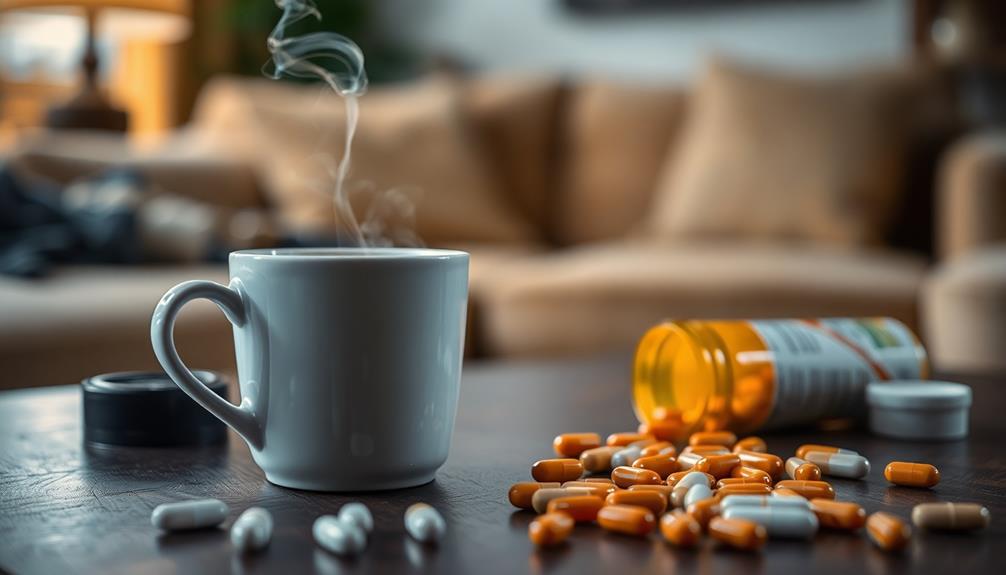
When you're on antidepressants, caffeine can pose some risks you mightn't be aware of.
It can interact with your medication, potentially increasing side effects or altering how well the drug works.
If you're experiencing withdrawal symptoms or heightened anxiety, it's essential to discuss your caffeine intake with your healthcare provider.
Medication Interactions and Caffeine
Maneuvering the complexities of medication interactions is essential, especially for those taking antidepressants alongside caffeine. Understanding how caffeine affects your treatment plan can lead to better management of your mental health. Air quality can also play a role in mental well-being, as improved environments may enhance overall health and treatment efficacy.
Here are three significant considerations:
- Caffeine and SSRIs: If you're on selective serotonin reuptake inhibitors (SSRIs), high caffeine intake might diminish their effectiveness, potentially impacting your treatment outcomes for depression.
- Anxiety Symptoms: Caffeine can worsen symptoms of anxiety, complicating the treatment for individuals dealing with both depression and anxiety disorders. It's important to monitor how caffeine affects your overall symptoms, as health benefits may include improved sleep quality, which is crucial for mental health recovery.
- Thyroid Considerations: If you're taking medications for thyroid issues, be cautious. Caffeine can interfere with thyroid hormone levels, which might hinder your medication's efficacy.
Always consult healthcare professionals before consuming caffeine while on antidepressants. They can help you navigate these medication interactions and guarantee safe and effective management of your treatment plan.
Staying informed about how caffeine impacts your medications is key to improving your mental health and achieving better treatment outcomes.
Withdrawal Symptoms and Effects
Caffeine withdrawal can create a host of challenges for individuals taking antidepressants, as its symptoms often mimic those of depression itself. You might experience fatigue, irritability, and a low mood, making it difficult to distinguish between withdrawal symptoms and your existing condition. Abruptly reducing caffeine consumption can heighten these withdrawal symptoms, potentially leading to setbacks in your mental health.
Moreover, some antidepressants can interact with caffeine, increasing the risk of side effects like anxiety and agitation, which could worsen your depressive symptoms. The stimulating effects of caffeine may also interfere with the sedative properties of certain medications, diminishing their effectiveness and impacting your mood stabilization.
To navigate these challenges, it's essential to consult healthcare professionals about your caffeine consumption. They can help you understand the risks associated with caffeine withdrawal and its potential effects on your depression medication.
How Caffeine Affects Neurotransmitters
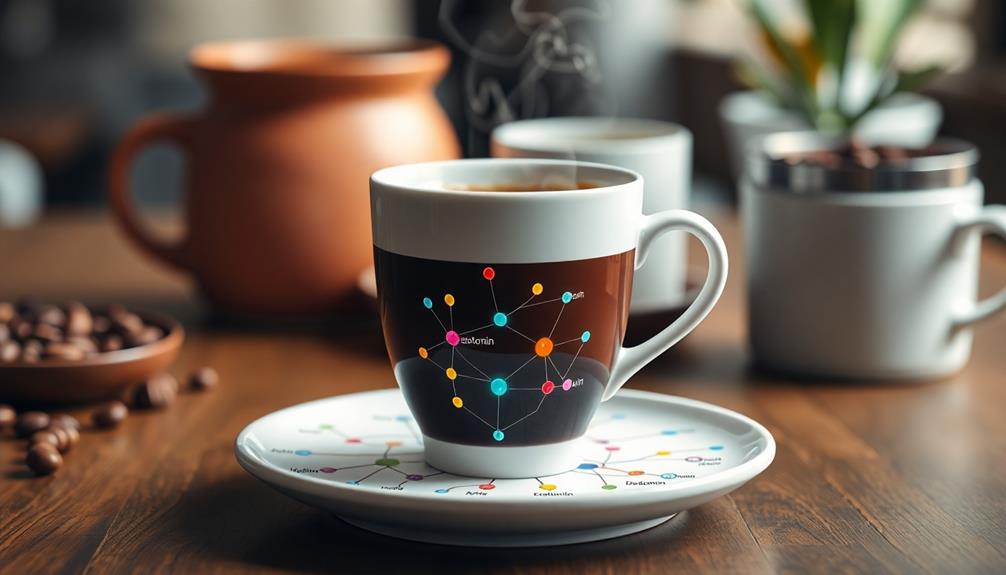
In the domain of mood regulation, caffeine interacts with neurotransmitters in ways that can greatly impact your emotional well-being. By blocking adenosine receptors, caffeine reduces drowsiness and enhances alertness, which can help elevate your mood.
Here are three key effects caffeine has on neurotransmitters:
- Serotonin and Dopamine Turnover: Caffeine promotes the turnover of serotonin and dopamine, neurotransmitters essential for mood enhancement and emotional balance. This can alleviate depressive symptoms for some individuals.
- Neuroprotective Effects: Research suggests that increased caffeine intake may elevate dopamine levels, providing potential neuroprotective benefits, which can be particularly helpful in combating depression.
- Reuptake Inhibition: Caffeine inhibits the reuptake of certain neurotransmitters, contributing to its mild antidepressant properties. However, it's worth noting that excessive consumption can disrupt this delicate balance, potentially exacerbating anxiety and depressive symptoms in sensitive individuals.
While caffeine can play a role in mood regulation, it's vital to find the right balance to avoid negative side effects.
Recommendations for Coffee Consumption
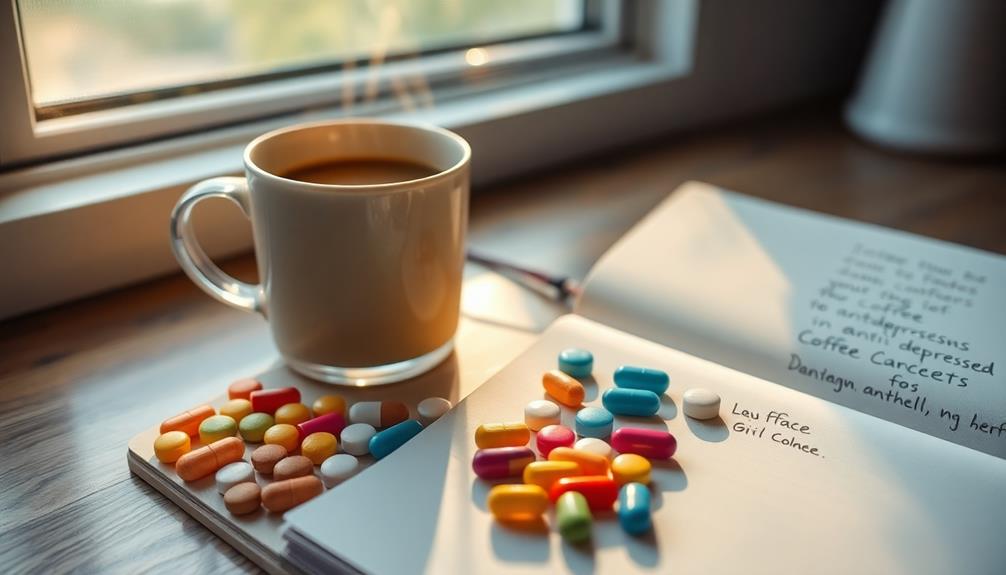
When managing depression, finding the right balance in coffee consumption is crucial. Moderation is key to avoid adverse effects, especially if you're on depression medication. It's generally recommended to limit your caffeine intake to no more than four cups daily. This helps mitigate heightened anxiety levels and potential interactions with your medication.
To optimize your coffee experience, consider these recommendations:
| Recommendation | Details |
|---|---|
| Limit Coffee Cups | No more than four cups daily |
| Delay Morning Consumption | Wait at least one hour after waking |
| Avoid Late-Day Caffeine | Steer clear of coffee close to bedtime |
| Consult Healthcare Professionals | Tailor coffee consumption to your needs |
| Monitor Sleep Quality | Observe how coffee affects your rest |
Delaying your first cup can enhance natural cortisol production, boosting your energy without dependency. Additionally, keeping caffeine away from bedtime helps maintain sleep quality, which is essential for managing depression. Always consult with healthcare professionals to make sure your coffee habits don't interfere with your depression medication.
Alternatives to Caffeine for Depression

Finding alternatives to caffeine can greatly benefit your mental health, especially if you're managing depression. Here are three effective options to contemplate:
1. Regular Physical Exercise: Engaging in physical activity releases endorphins, which can boost your mood and alleviate depressive symptoms.
Even a daily walk can make a difference.
2. Mindfulness and Dietary Changes: Practicing mindfulness or meditation can lower stress and anxiety levels.
Additionally, adjusting your diet to include more omega-3 fatty acids, B vitamins, and magnesium can support your mental health.
Foods like fatty fish, nuts, and leafy greens are excellent choices.
3. Herbal Supplements and CBT: Herbal supplements, such as St. John's Wort, might offer antidepressant effects, but it's essential to consult a healthcare professional before use.
Furthermore, cognitive-behavioral therapy (CBT) provides strategies to manage negative thought patterns, offering a non-caffeinated approach to improving your mental health.
Exploring these alternatives to caffeine can empower you on your journey to better manage depression and enhance your overall well-being.
Frequently Asked Questions
Does Caffeine Affect Depression Medication?
Caffeine can definitely affect depression medication. It might enhance the effects of certain antidepressants, improving your mood and cognitive function.
However, it can also lead to increased side effects or reduce the medication's efficacy. If you're on antidepressants, it's essential to consult your healthcare provider about your caffeine intake.
They can offer personalized advice based on your specific situation to help you manage your treatment effectively.
How Does Caffeine Affect Psychiatric Medications?
Caffeine can greatly affect psychiatric medications you're taking. It might enhance the stimulating effects of some antidepressants, leading to increased anxiety or jitteriness.
If you're on mood stabilizers like lithium, caffeine could reduce their effectiveness, increasing dehydration risks.
Additionally, if you're using SSRIs, caffeine may alter treatment outcomes by elevating serotonin levels.
If you're on antipsychotics, keep an eye on caffeine, as it can worsen side effects like restlessness and insomnia.
Always consult your healthcare provider!
Does Caffeine Make Medication Less Effective?
Caffeine can indeed make medication less effective for some people. It alters how your body processes certain drugs, potentially lowering their impact.
If you consume a lot of caffeine, you might experience increased side effects, like anxiety, which can affect your overall treatment adherence.
It's essential to monitor your caffeine intake and consult your healthcare provider about it. They can help you adjust your medication if necessary to guarantee it works most effectively for you.
Does Coffee Affect Anxiety Medication?
Isn't it ironic how a cup of coffee, meant to perk you up, might just stir your anxiety instead?
If you're on anxiety medication, you should know that caffeine can amplify jitters and restlessness, counteracting your meds' calming effects.
Plus, high caffeine intake has been linked to increased anxiety levels.
Conclusion
In summary, while coffee can give you a mood boost, it's essential to tread carefully if you're on depression medication. Caffeine can interact with your meds and might just flip your mood like a pancake, so always consult with your doctor. Balance is key—enjoy your cup of joe, but don't let it be your only remedy. If coffee's not your thing, explore other options that can lift your spirits without the jitters!
In the vast and diverse world of coffee, coffee alternatives, and tea, Olivia has found her calling. As an author and a dedicated coffee and tea aficionado, her work for Cappuccino Oracle reflects her profound love and understanding of the intricate complexities found within these beverages. Olivia’s passion for the subject serves as both a catalyst for her creativity and a connection point with her audience.
Olivia’s appreciation for coffee, coffee alternatives, and tea blossomed at an early age. She discovered that these beverages invigorated her senses and stimulated her creative spirit. From the nuanced flavors of single-origin roasts to the captivating narratives intertwined with coffee, coffee alternatives, and tea trade and culture, Olivia found an unlimited source of inspiration in her daily cup.
Her love for these beverages and her talent for storytelling eventually converged at Cappuccino Oracle. As an author, Olivia’s mission is to illuminate the intricate tapestry that makes up the world of coffee, coffee alternatives, and tea. Her articles span a diverse range of topics, encompassing everything from the unique flavors of different brews to the sociocultural history intertwined with their cultivation and consumption.
Coffee, Tea and Alternatives and Health plus Fitness
Coffee and Anxiety: Finding Your Threshold
In exploring the link between coffee and anxiety, you may discover surprising insights that could transform your daily routine. What will you uncover about your limits?

Caffeine can give you a quick energy boost, but it can also trigger anxiety if you overdo it. To find your personal threshold, keep track of your caffeine intake and note any symptoms like restlessness or rapid heart rate. The FDA suggests limiting caffeine to 400 mg daily, but individual sensitivities vary. If you notice your anxiety creeping up, it might be time to cut back. Gradual reduction over weeks can help ease the adjustment. Learning more about the connection between your caffeine habits and anxiety can guide you toward a healthier balance.
Key Takeaways
- Monitor your caffeine intake and note any anxiety symptoms to identify your personal threshold for consumption.
- Gradually reduce caffeine over 2-3 weeks to minimize withdrawal symptoms and help manage anxiety levels effectively.
- Keep a self-assessment diary to track patterns between caffeine consumption and anxiety symptoms.
- Explore caffeine-free alternatives like herbal teas to maintain beverage enjoyment without exacerbating anxiety.
- Consult healthcare professionals for personalized guidance on managing caffeine's impact on anxiety.
Understanding Caffeine's Role
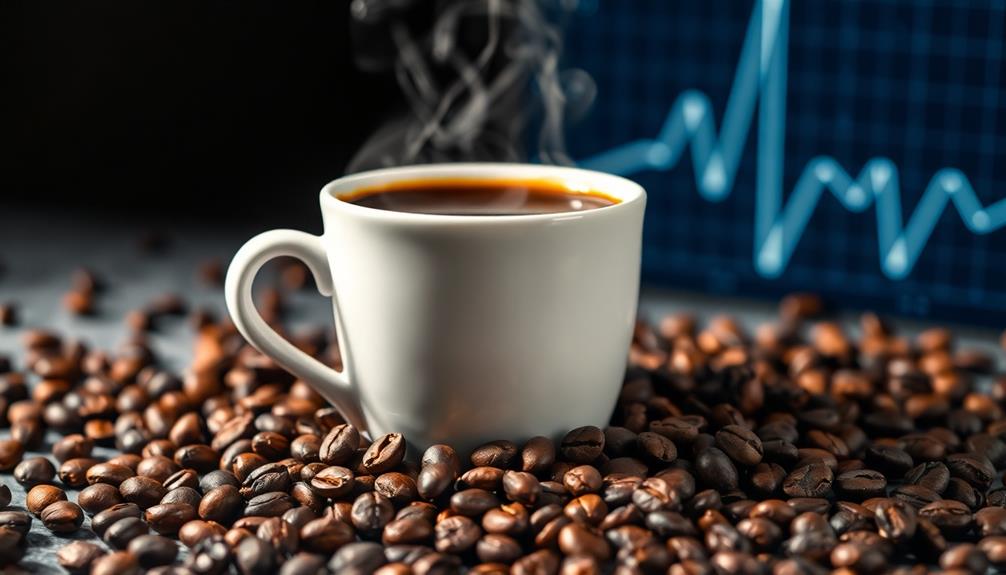
Understanding caffeine's role in your body is essential for managing anxiety. Caffeine blocks adenosine receptors in your brain, which boosts alertness but can also mimic anxiety symptoms like restlessness and nervousness. If you find yourself feeling jittery or on edge, it might be time to evaluate your caffeine consumption.
The FDA recommends a daily caffeine limit of 400 mg, and exceeding this can lead to increased risks of anxiety and even panic attacks. Your individual sensitivity to caffeine plays a significant role in how it affects you. Some people metabolize caffeine slowly, leading to prolonged symptoms of anxiety.
This is why monitoring caffeine intake is vital. Keeping track of how much caffeine you consume daily can help you identify your personal tolerance level and avoid potential pitfalls.
It's worth noting that caffeine-induced anxiety disorder is recognized in the DSM-5, underscoring the importance of understanding how excessive caffeine consumption can impact your daily functioning.
Caffeine's Effects on Anxiety
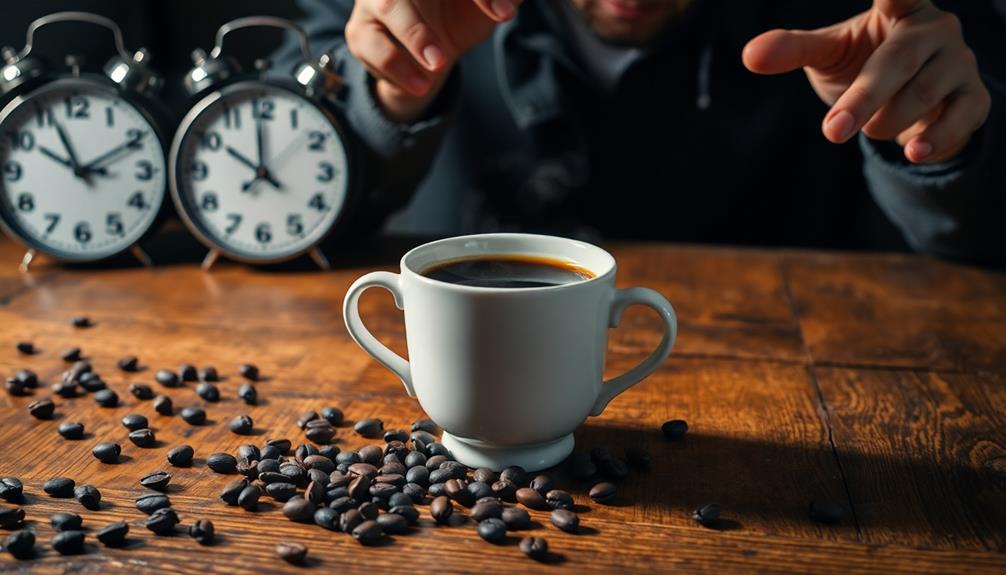
Caffeine's impact on your anxiety levels can be significant, especially when consumed in high amounts. Research shows that exceeding 400 mg of caffeine per day can mimic anxiety symptoms, leading to feelings of restlessness, nervousness, and insomnia.
If you struggle with anxiety disorders, high caffeine consumption might exacerbate your symptoms, increasing the risk of panic attacks. This connection is recognized by the DSM-5, which identifies caffeine-induced anxiety disorder as a real concern that can interfere with your daily functioning.
It's essential to understand that your individual sensitivity to caffeine can vary due to genetic factors. While some people may handle caffeine without issues, others might experience heightened anxiety symptoms even at lower doses.
This variability means monitoring your caffeine intake is vital for maintaining your mental health. If you notice increased anxiety, consider reducing your consumption.
Withdrawal from caffeine can also present its own set of symptoms, adding to the complexity of managing anxiety. By being mindful of your caffeine habits, you can better navigate its health effects and find a balance that supports your overall well-being.
Identifying Your Caffeine Threshold

Understanding your personal sensitivity to caffeine is essential for managing anxiety.
Pay close attention to how your body reacts—symptoms like restlessness or rapid heart rate can signal you've hit your limit.
If you notice heightened anxiety, consider gradually reducing your intake to find a balance that works for you.
Personal Sensitivity Matters
When it comes to managing anxiety, recognizing your personal sensitivity to caffeine plays an essential role. Caffeine consumption affects everyone differently, and understanding your unique response can help you minimize anxiety symptoms.
Here are four tips to help you identify your caffeine threshold:
- Know Your Limits: The FDA suggests that consuming over 400 mg daily may heighten anxiety symptoms, but some might feel jittery with much less. Pay attention to your body's cues.
- Monitor Personal Reactions: Keep an eye on how you feel after caffeine intake. Symptoms like insomnia, irritability, or a rapid heart rate can signal overconsumption.
- Self-Assessment Diary: Track your daily caffeine intake alongside your anxiety levels. This can reveal patterns and help you pinpoint a safe consumption range.
- Gradually Reduce Caffeine: If you suspect high sensitivity, consider gradually reducing caffeine. This approach helps minimize withdrawal symptoms while still allowing you to enjoy its cognitive benefits.
Monitor Symptoms Closely
Monitoring your symptoms closely can make a significant difference in identifying your caffeine threshold. By tracking your caffeine intake and subsequent anxiety symptoms, you can pinpoint how much caffeine your body can handle without triggering increased anxiety. Keep in mind that individual sensitivity varies, so what works for one person may not work for another.
To help you organize your observations, consider using a daily log. Here's a simple table format to get you started:
| Day | Caffeine Intake (mg) | Anxiety Symptoms | Notes |
|---|---|---|---|
| 1 | 200 | Restlessness | Felt jittery post-coffee |
| 2 | 300 | Irritability | More anxious than usual |
| 3 | 150 | No symptoms | Felt calm and focused |
| 4 | 400 | Rapid heartbeat | Increased anxiety levels |
Gradual Reduction Techniques
Gradually reducing your caffeine intake can be an effective strategy to identify your personal threshold for anxiety. This approach is particularly beneficial since caffeine can impact mood and may be linked to heightened anxiety levels in sensitive individuals.
By taking this approach over 2-3 weeks, you can minimize withdrawal symptoms like headaches and irritability, which often pop up with sudden changes. Here are some techniques to help you along the way:
- Alternate Beverages: Switch between regular coffee and decaf to slowly decrease your caffeine consumption.
- Track Your Intake: Keep a log of your daily caffeine consumption alongside your anxiety levels. This will help you pinpoint your personal tolerance.
- Reduce Gradually: Cut back on the number of caffeinated drinks you have each day. For instance, if you drink five cups, try reducing it to four for a week.
- Monitor Physical Responses: Pay attention to symptoms like insomnia or rapid heartbeat, which can indicate your ideal intake level.
Additionally, consider that coffee's health benefits include mood enhancement, which may influence your anxiety management strategies.
Safe Caffeine Consumption Practices
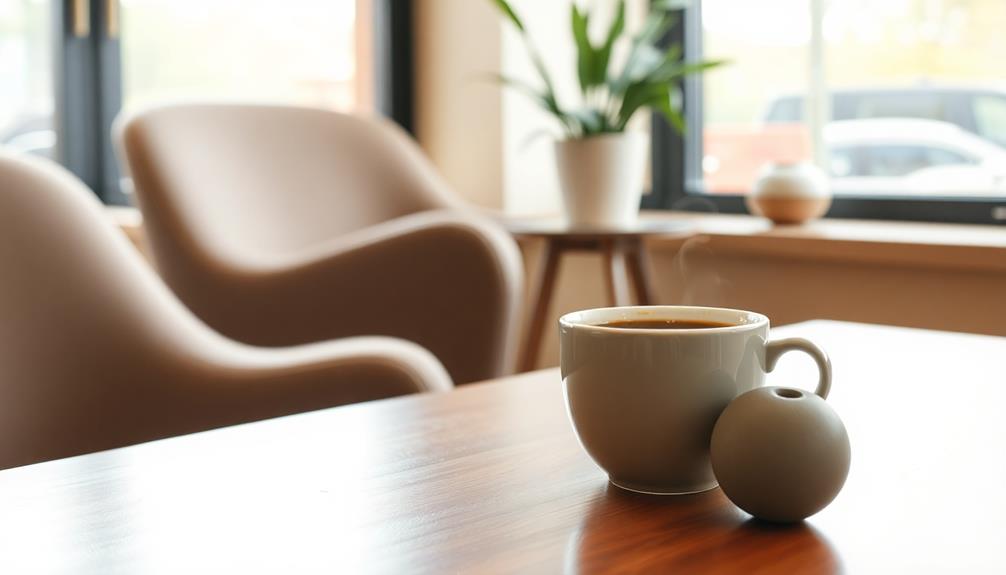
To keep your caffeine consumption safe, it's important to stay informed about how much you're actually taking in. The FDA recommends that healthy adults limit caffeine intake to less than 400 mg per day, which is roughly four 8-ounce cups of coffee. If you're sensitive to caffeine, consider sticking to about 200 mg daily, or two cups, to help reduce anxiety symptoms.
Here's a quick guide to caffeine content in common beverages:
| Beverage Type | Caffeine Content (mg per 8 oz) | Recommended Limit |
|---|---|---|
| Regular Coffee | 80-100 | 4 cups (400 mg) |
| Energy Drinks | 40-250 | 2 cups (200 mg) or less |
| Green Tea | 30-50 | 4 cups (400 mg) |
| Decaf Coffee | 2-5 | Minimal impact |
Monitoring personal responses to caffeine consumption is essential. Gradual reduction over 2-3 weeks can help you adjust without facing withdrawal symptoms like headaches and fatigue. By being mindful of these practices, you can enjoy caffeine while minimizing its potential impact on your anxiety.
Symptoms of Caffeine Overuse
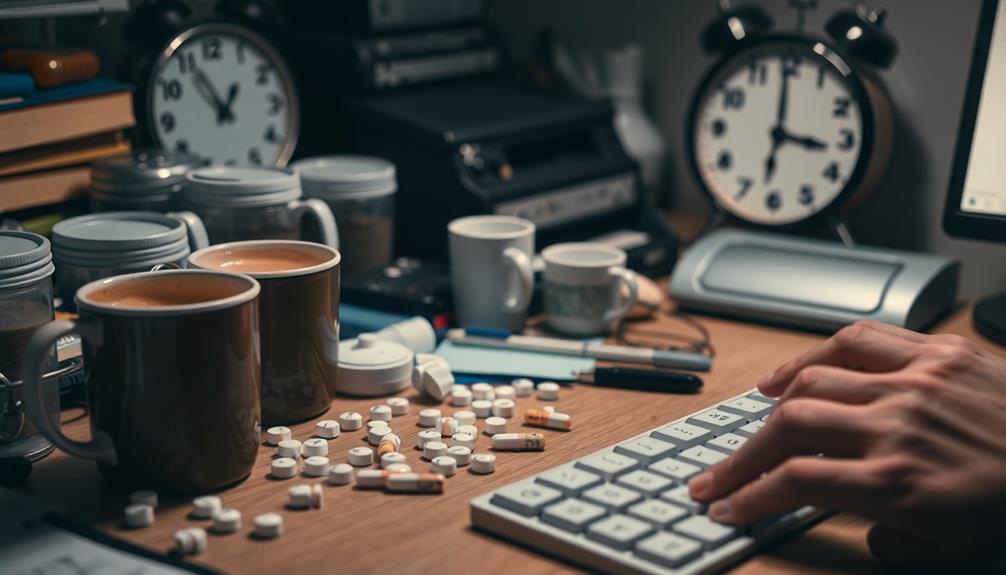
Caffeine can be a double-edged sword, providing both energy and potential anxiety symptoms when overused. If you're consuming more than 400 mg per day, you might start noticing some troubling effects.
Here are common symptoms of caffeine overuse:
- Restlessness and Uneasiness: You may feel jittery or unable to relax, which can mimic genuine anxiety symptoms.
- Increased Heart Rate: High caffeine consumption can lead to a racing heart and elevated blood pressure, exacerbating your feelings of anxiety.
- Headaches and Sweating: These symptoms can occur alongside nervousness and insomnia, blurring the lines with generalized anxiety disorder.
- Withdrawal Symptoms: If you suddenly cut back on caffeine, you might experience headaches, fatigue, or irritability, making it tough to manage your anxiety.
The DSM-5 even recognizes caffeine-induced anxiety disorder, highlighting how caffeine can greatly impact daily functioning for those susceptible to its effects.
Understanding these symptoms can help you monitor your caffeine consumption and recognize when it's time to reassess your intake.
Strategies for Reducing Caffeine
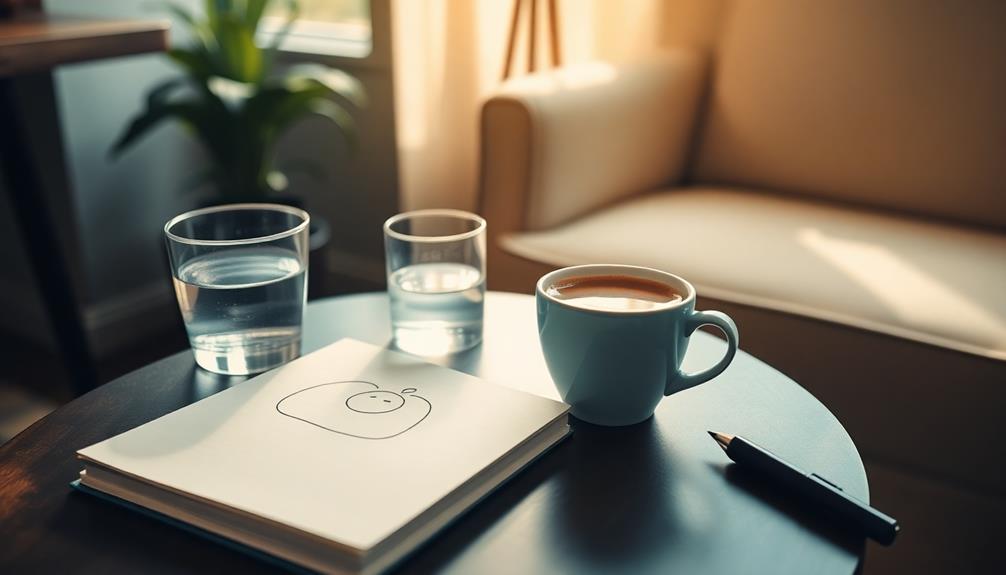
Reducing your caffeine intake can be a manageable process with the right strategies in place. Start by gradually decreasing your daily intake over 2-3 weeks. This helps minimize withdrawal symptoms like headaches and irritability, which can be more severe if you stop abruptly.
Consider alternating between regular and decaffeinated coffee. This way, you can still enjoy the familiar taste while reducing your overall caffeine consumption. Additionally, improving your indoor air quality with an air purifier can create a more calming environment, potentially reducing anxiety levels.
Pay close attention to how your body responds after consuming caffeine. If you notice symptoms such as insomnia, rapid heart rate, or heightened anxiety, these may signal that you've overconsumed and need to adjust your intake.
Keeping track of your daily caffeine intake is essential; aim to stay below 400 mg, which is roughly equivalent to four cups of coffee, in line with the FDA's recommendations for healthy adults.
In addition to coffee, explore various alternatives that can satisfy your cravings without the stimulant effects of caffeine. Herbal teas or ginseng can be excellent options to help ease the adjustment.
Alternatives to Caffeinated Beverages

While many people rely on caffeinated beverages for an energy boost, there are plenty of satisfying alternatives that can help you stay alert without the anxiety that caffeine may bring.
For instance, staying hydrated is essential; drinking water can greatly improve your alertness and energy levels without the side effects of caffeine. Here are some great options to contemplate:
- Decaffeinated Coffee: With just about 0.25 mg of caffeine per fluid ounce, decaffeinated coffee allows you to enjoy that familiar coffee flavor while minimizing anxiety.
- Herbal Teas: Chamomile or peppermint teas are excellent caffeine-free options that not only taste great but also promote relaxation and help reduce anxiety symptoms.
- Ginseng Tea: This caffeine-free alternative is known for its adaptogenic properties, which may assist your body in managing stress and enhancing overall well-being potential side effects.
- Maca Root Powder: Adding maca root powder to your smoothies or beverages can provide a caffeine-free energy boost that may improve your mood without the jitters.
Additionally, don't underestimate the power of hydration. Staying hydrated with water can greatly improve your alertness and energy levels without the side effects of caffeine.
Embracing these alternatives can lead to a more balanced, anxiety-free lifestyle.
The Connection Between Caffeine and Mental Health
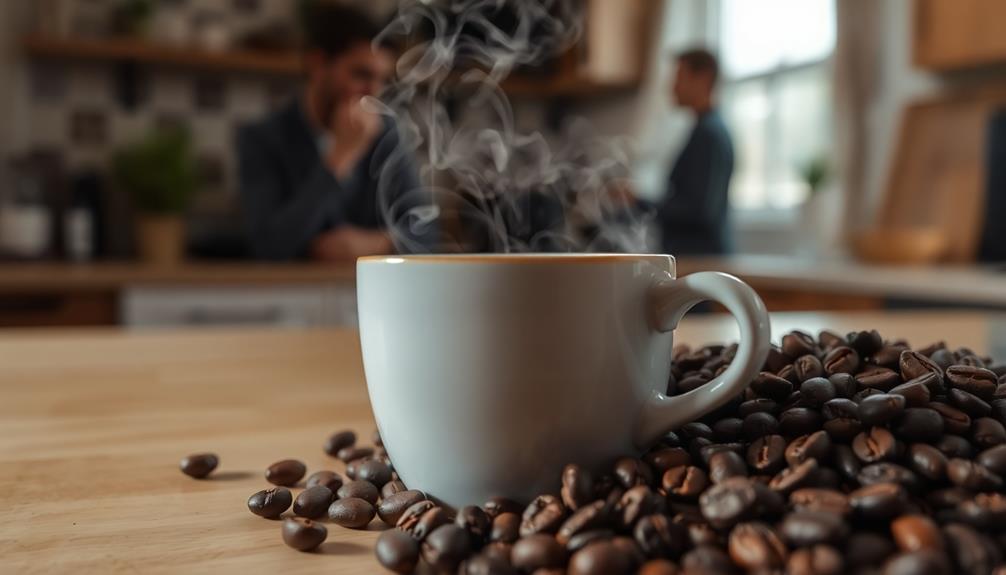
Caffeine can trigger anxiety symptoms like restlessness and nervousness, especially if you consume more than 400 mg daily.
Since everyone's sensitivity to caffeine varies due to genetic factors, it's essential to monitor your intake and how it affects your mental health.
Understanding this connection can help you manage your caffeine consumption and reduce anxiety.
Caffeine-Induced Anxiety Symptoms
How does caffeine affect your mental health? Caffeine can notably impact your mental well-being, often leading to caffeine-induced anxiety symptoms. When you consume caffeinated drinks, especially over 400 mg daily, you might experience restlessness, nervousness, and even insomnia. These symptoms can mimic those of anxiety disorders, complicating diagnosis and management.
Here are four common caffeine-induced anxiety symptoms to watch out for:
- Restlessness – You may feel an inability to relax or sit still.
- Headaches – Frequent headaches can arise from excessive caffeine use.
- Sweating – Increased perspiration might signal heightened anxiety levels.
- Dizziness – You could experience lightheadedness, which adds to your anxiety.
If you metabolize caffeine slowly, you might find that these symptoms linger longer, leading to a cycle where you consume more caffeine to combat fatigue.
Remember that genetic factors also play a role in caffeine sensitivity, so some individuals may experience anxiety symptoms even at lower doses. Being aware of your body's response to caffeine can be essential for maintaining your mental health.
Individual Sensitivity Variations
Understanding individual sensitivity variations is essential for grasping the connection between caffeine and mental health. Your genetic makeup influences how quickly you metabolize caffeine, which can lead to different personal reactions to caffeine consumption.
If you metabolize caffeine slowly, you might find that even moderate amounts can trigger anxiety symptoms or exacerbate existing issues, potentially leading to caffeine-induced anxiety disorder.
Research shows that consuming over 400 mg of caffeine daily can heighten anxiety and increase the risk of panic attacks. It's vital to monitor your intake to identify your threshold—some individuals may experience anxiety symptoms like restlessness and rapid heartbeat even with lower consumption levels.
Being aware of your personal reactions to caffeine is key. Conducting an observational self-study on how your body responds to different amounts can help you understand your limits better.
Managing Caffeine Intake
Managing your caffeine intake is essential for maintaining mental health, especially if you're sensitive to its effects. Caffeine can trigger anxiety symptoms like restlessness and increased heart rate, particularly when you exceed 400 mg per day.
To help you find your best level, consider these tips:
- Track Your Intake: Keep a daily log of how much caffeine you consume and note any anxiety symptoms you experience.
- Gradually Reduce or Limit: If you're feeling jittery, try cutting back slowly to avoid withdrawal symptoms like headaches and fatigue.
- Monitor Personal Responses: Pay attention to how your body reacts after consuming caffeine. Your individual sensitivity may vary.
- Seek Alternatives: If you're struggling with caffeine-induced anxiety disorder, explore decaffeinated options or herbal teas to satisfy your cravings without the jitters.
Consulting Healthcare Professionals

Consulting healthcare professionals is essential for anyone grappling with anxiety symptoms, as they can offer personalized advice that considers your health history and caffeine sensitivity. These experts can help you differentiate between caffeine-induced anxiety symptoms and underlying anxiety disorders, ensuring you adopt the right management strategies.
Persistent anxiety symptoms deserve a conversation with healthcare providers. They might suggest monitoring your dietary caffeine intake as part of a thorough treatment plan. Registered dietitians can play an important role in helping you understand how dietary caffeine affects your body and provide alternatives to manage anxiety effectively.
Here's a quick reference table to guide your discussions with healthcare professionals:
| Professional | Role in Managing Anxiety Symptoms | Key Focus Area |
|---|---|---|
| Healthcare Providers | Assess and diagnose anxiety disorders | Caffeine-induced symptoms |
| Registered Dietitians | Provide dietary recommendations and support | Dietary caffeine impact |
| Mental Health Professionals | Offer therapy and coping strategies | Emotional well-being and anxiety |
Professional guidance is essential for creating a balanced approach to caffeine consumption, especially if you're sensitive to its effects.
Personalizing Your Caffeine Intake

Personalizing your caffeine intake is key to managing anxiety effectively. Understanding your individual sensitivity to caffeine can help you find the right balance. Here are some essential steps to tailor your caffeine consumption:
- Track Your Intake: Keep a diary of your caffeine intake and note any changes in your anxiety levels. This can help you identify patterns and understand your personal tolerance.
- Know Your Limits: The FDA suggests a daily limit of 400 mg of caffeine, which is about four cups of coffee. However, your personal caffeine threshold may vary, so listen to your body.
- Monitor Symptoms: Pay attention to physical responses like insomnia or irritability. These may indicate that your caffeine intake is too high for your needs.
- Gradual Reduction: If you experience heightened anxiety, consider a gradual reduction of your caffeine intake over 2-3 weeks. This can minimize withdrawal symptoms while allowing your body to adjust to lower levels.
Frequently Asked Questions
How to Calm Caffeine-Induced Anxiety?
To calm caffeine-induced anxiety, start by gradually reducing your caffeine intake over a few weeks.
Staying hydrated is essential, so sip on herbal teas or decaf options to keep your energy up without the jitters.
Incorporate regular physical exercise into your routine to boost your mood.
Try mindfulness practices like deep breathing or meditation to relax your body.
If needed, consult a healthcare provider for tailored strategies to help manage your anxiety.
Does Cutting Down on Caffeine Help Anxiety?
Imagine your heart racing like it's in a high-speed chase. Cutting down on caffeine can definitely help with anxiety.
By reducing your intake, you might experience fewer withdrawal symptoms like headaches and irritability. Plus, tracking how much caffeine you consume can help you pinpoint your personal tolerance level.
Improved sleep quality often follows, which is essential for managing anxiety. Remember, consulting with a healthcare provider can make this process smoother and more effective.
Why Do I Get Bad Anxiety When I Drink Coffee?
You might experience bad anxiety when you drink coffee due to caffeine's stimulating effects on your body.
It can increase your heart rate and make you feel restless or nervous, especially if you consume more than 400 mg daily. Your individual sensitivity to caffeine plays a significant role; some people react strongly to even small amounts.
Late-day coffee can disrupt your sleep, leading to a cycle of fatigue and heightened anxiety.
How to Drink Coffee and Not Get Anxiety?
Imagine sipping a warm cup of coffee while feeling calm and relaxed.
To enjoy coffee without anxiety, limit your intake to under 400 mg daily and pay attention to how your body responds. If anxiety creeps in, consider cutting back gradually instead of stopping abruptly.
Avoid caffeine late in the day to help with sleep. You might also try decaffeinated options or herbal teas that mimic coffee's flavors without the jitters.
Conclusion
As you sip your coffee, feel the warmth enveloping your hands, but pay attention to how it stirs your thoughts. Finding your caffeine threshold is like tuning an instrument; too much can leave you feeling jittery and anxious, while just the right amount can spark creativity and focus. By understanding your body, you can enjoy that rich aroma without the cloud of anxiety. Embrace this journey, and discover a balanced relationship with your favorite brew.
In the vast and diverse world of coffee, coffee alternatives, and tea, Olivia has found her calling. As an author and a dedicated coffee and tea aficionado, her work for Cappuccino Oracle reflects her profound love and understanding of the intricate complexities found within these beverages. Olivia’s passion for the subject serves as both a catalyst for her creativity and a connection point with her audience.
Olivia’s appreciation for coffee, coffee alternatives, and tea blossomed at an early age. She discovered that these beverages invigorated her senses and stimulated her creative spirit. From the nuanced flavors of single-origin roasts to the captivating narratives intertwined with coffee, coffee alternatives, and tea trade and culture, Olivia found an unlimited source of inspiration in her daily cup.
Her love for these beverages and her talent for storytelling eventually converged at Cappuccino Oracle. As an author, Olivia’s mission is to illuminate the intricate tapestry that makes up the world of coffee, coffee alternatives, and tea. Her articles span a diverse range of topics, encompassing everything from the unique flavors of different brews to the sociocultural history intertwined with their cultivation and consumption.
-
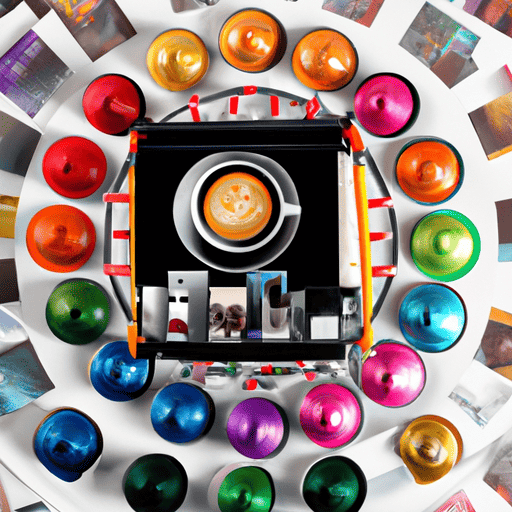
 Coffee Basics7 days ago
Coffee Basics7 days agoThe Ultimate Guide To Buying Nespresso Pods: Where And How?
-
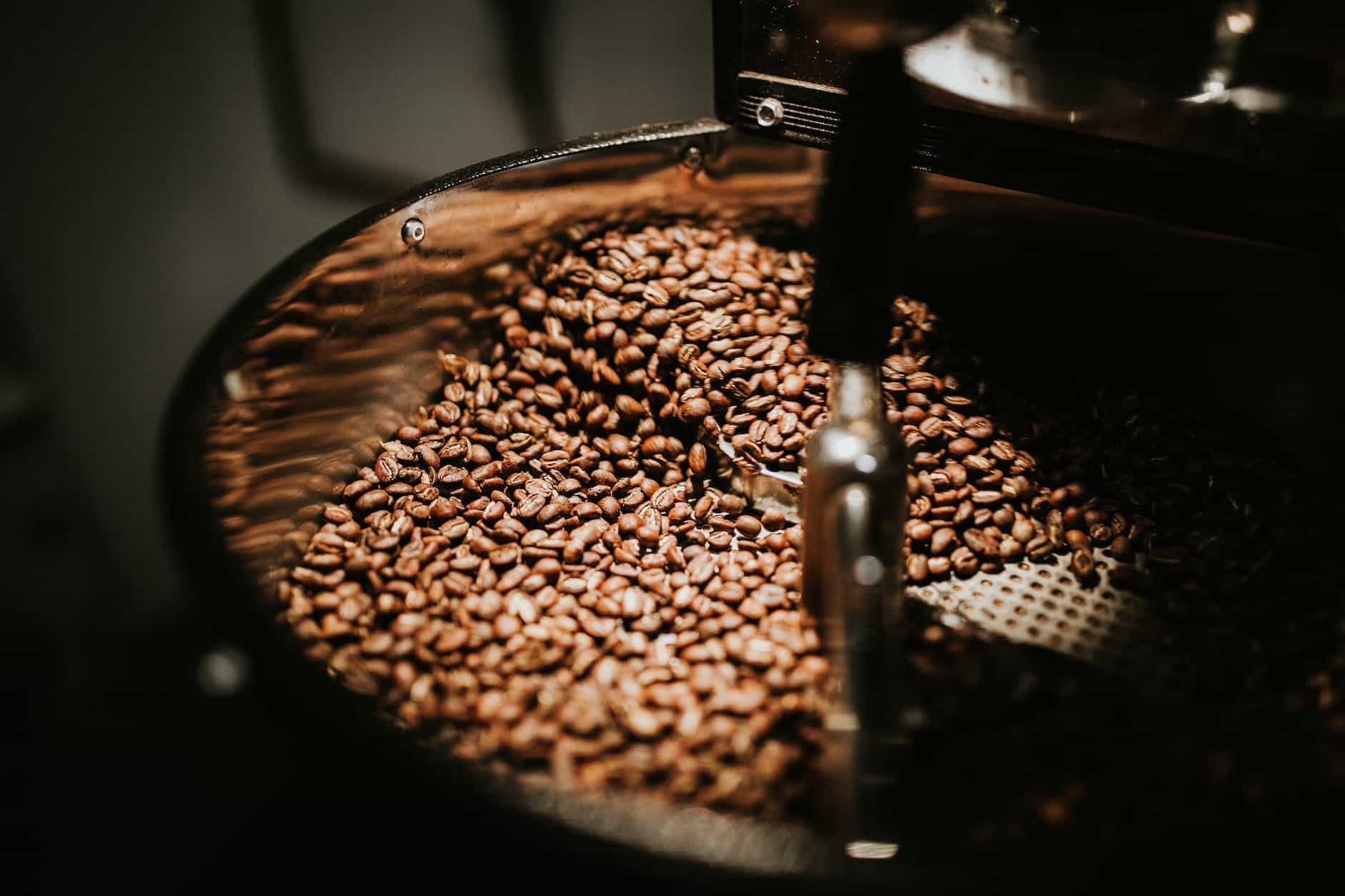
 Coffee Basics1 week ago
Coffee Basics1 week ago11 Best Medium Roast Coffees For Your Perfect Cup
-

 Coffee Basics1 week ago
Coffee Basics1 week agoStarbucks Venti Drinks: Customization And Pricing Guide
-

 Coffee Basics6 days ago
Coffee Basics6 days agoPerfect Your Espresso With Puck Screens: A Barista’s Secret
-
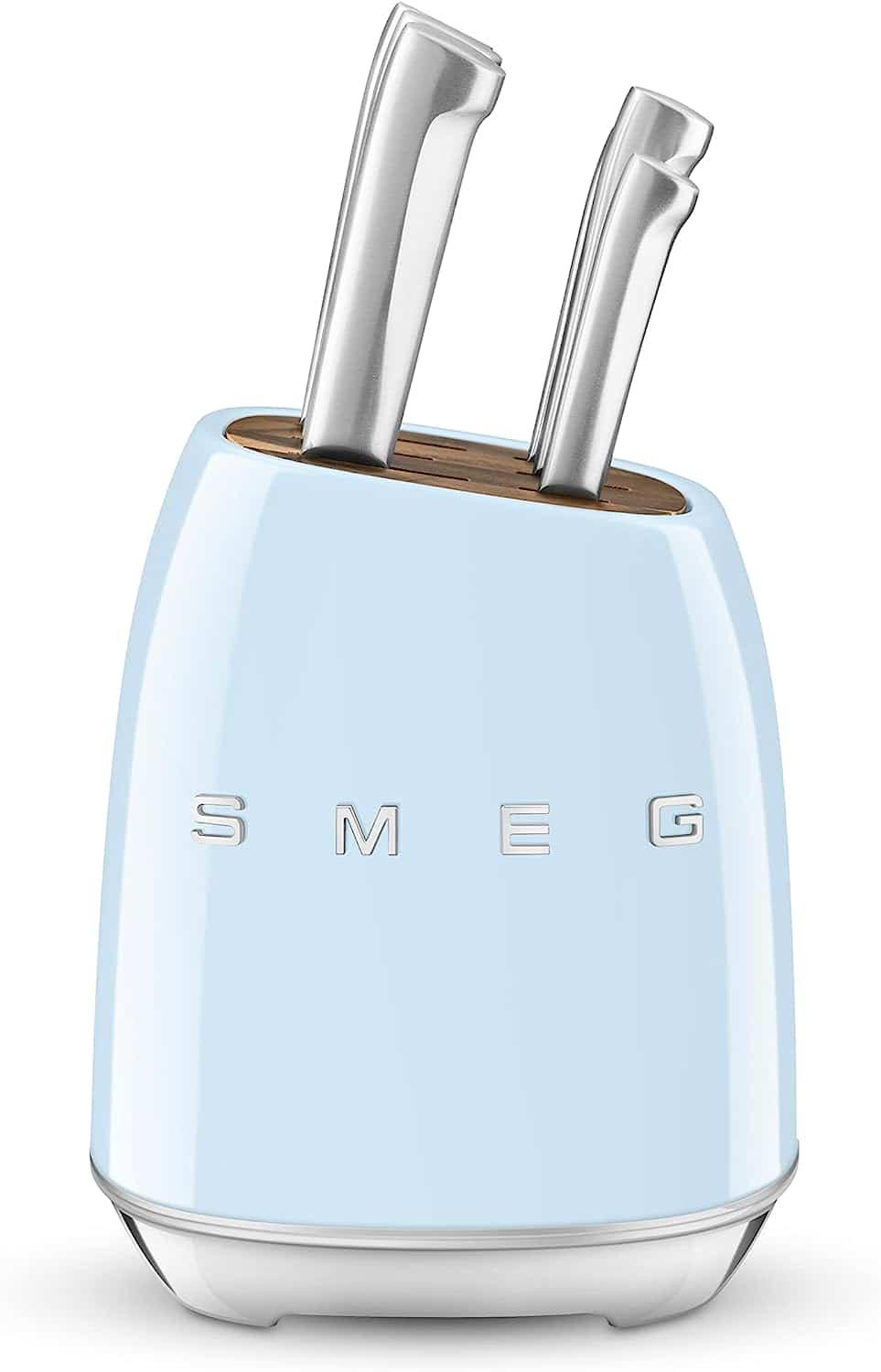
 Cappuccino Oracle Selected Reviews4 days ago
Cappuccino Oracle Selected Reviews4 days agoSmeg Knife Block Review Review [2024]
-
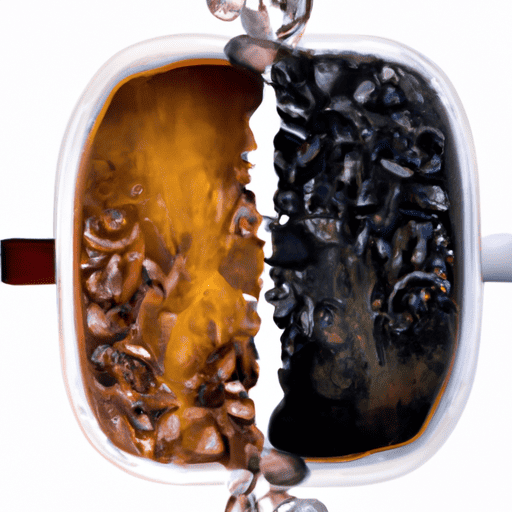
 Coffee Basics1 week ago
Coffee Basics1 week agoWhat Is Half-Caff Coffee? (And How Much Caffeine Is In It?)
-

 Coffee Basics15 hours ago
Coffee Basics15 hours agoHow to Make Oat Milk for Coffee
-

 Coffee Basics1 week ago
Coffee Basics1 week ago9 Best Ground Coffee Brands For Your Perfect Cup





